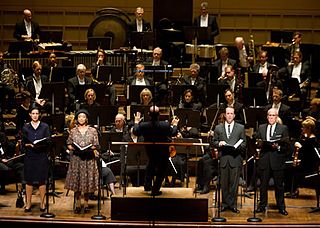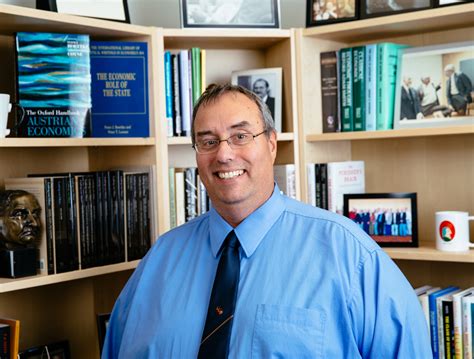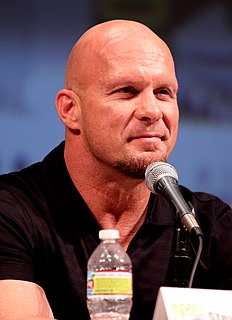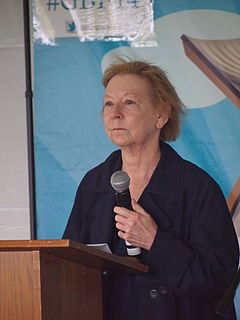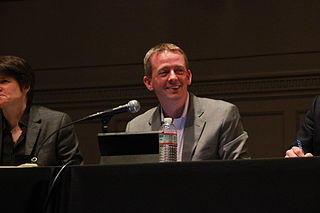A Quote by Philip Kitcher
It may be hyperbolic to declare that Shakespeare teaches us more about being human than all the natural scientists combined.
Quote Topics
Related Quotes
I won't say he [Shakespeare] 'invented' us, because journalists perpetually misunderstand me on that. I'll put it more simply: he contains us. Our ways of thinking and feeling-about ourselves, those we love, those we hate, those we realize are hopelessly 'other' to us-are more shaped by Shakespeare than they are by the experience of our own lives.
The capacity for imaginative reflex, for moral risk in any human being is not limitless; on the contrary, it can be rapidly absorbed by fictions, and thus the cry in the poem may come to sound louder, more urgent, more real than the cry in the street outside. The death in the novel may move us more potently than the death in the next room. Thus there may be a covert, betraying link between the cultivation of aesthetic response and the potential of personal inhumanity.
I am a Muslim and . . . my religion makes me be against all forms of racism. It keeps me from judging any man by the color of his skin. It teaches me to judge him by his deeds and his conscious behavior. And it teaches me to be for the rights of all human beings, but especially the Afro-American human being, because my religion is a natural religion, and the first law of nature is self-preservation.
The symbol of Goddess gives us permission. She teaches us to embrace the holiness of every natural, ordinary, sensual dying moment. Patriarchy may try to negate body & flee earth with its constant heartbeat of death, but Goddess forces us back to embrace them, to take our human life in our arms & clasp it for the divine life it is - the nice, sanitary, harmonious moment as well as the painful, dark, splintered ones.

